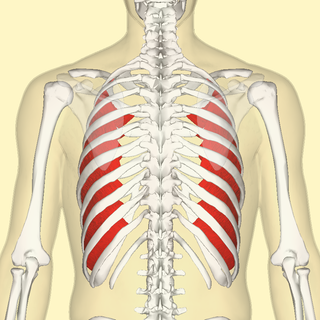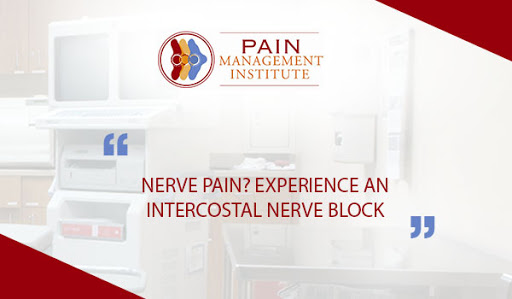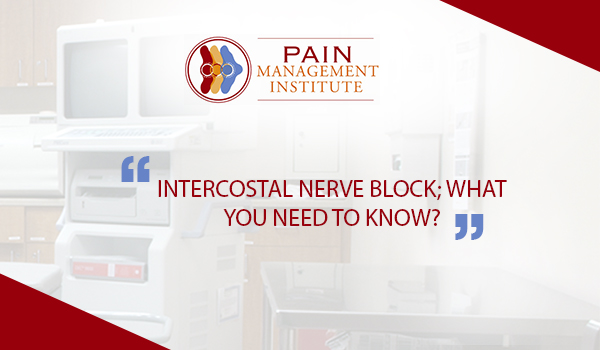This procedure is utilized to deal with pain in the chest and upper abdomen areas. The intercostal nerve is situated between ribs all through the thoracic area. In order to ease inflammation of these nerves, the anesthetics, steroids, or other medications are injected as they inhibit the transmission of pain signals. The procedure of the intercostal nerve block may likewise be utilized to diagnose pain and distinguish the direction of the pain signal. Following conditions can be treated with this procedure:
• Neuropathic pain in the chest related to herpes zoster or shingles
• Postoperative pain of chest or upper abdominal surgery
• Chronic pain after mastectomy
• Rib fracture pain
• Pain associated with the formation of scar tissue after surgery
• Somatic pain secondary to metastatic cancer to the ribs
The intercostal nerve conveys pain signals from the muscles, bones, and skin to the brain, and a block can be successful in easing pain without the adverse effects of opioid pain medications. It is easy for the physician to access the nerve. A single intercostal nerve block may result in permanent help with discomfort.
Anatomy of Intercostal Nerve Block
The intercostal nerves begin from 12 paired thoracic nerve roots that are closely connected with the thoracic ribs. As the thoracic nerve roots emerge from the intervertebral foramen, they quickly split into the ventral rami that structure the intercostal nerves and the posterior rami. Anterior branches structure the gray and white rami communicantes of the thoracic sympathetic chain. The posterior rami innervate the zygapophyseal joints, muscles and skin of the thoracic midline and paraspinous region of the back.
The lateral cutaneous nerve splits into the back and anterior branches that innervate the skin of the chest wall from the scapular line to the midclavicular line. The intercostal nerve proceeds anteriorly inside the costal groove between the internal intercostal muscle layer and the external area of the innermost intercostal muscle, yet as it advances anteriorly, it once more emerges internally to the deepest intercostal muscle.
Advantages of Intercostal Nerve Block
This is a short outpatient procedure that is suitable for easing the pain of the muscles, bones, and skin in the chest and upper abdomen. Patients having hard to treat neuropathic or metastatic bone cancer pain may observe an intercostal nerve block lessens their pain or get rid of it. The intercostal nerve block is a decent alternative to opioid pain medications, which convey adverse effects the patient will most likely be unable to endure. On the off chance that the procedure is effective, the patient is a suitable candidate for repeat injections to treat repeating pain.





